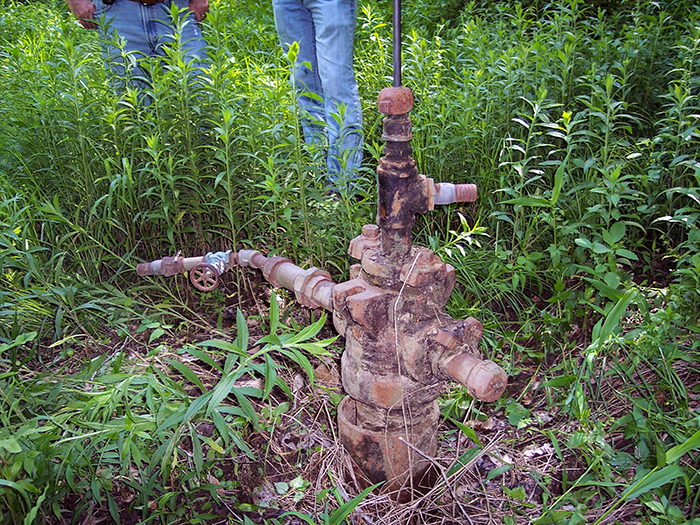FEDERAL WELL BONDING MINIMUMS INCREASED WHILE PENNSYLVANIA FALLS BEHIND

PENNSYLVANIA (April 22, 2024) – Last week, the federal government finalized a significant rule that increases minimum bonding amounts from $10,000 to $150,000 per oil and gas lease on federal land. Well bond amounts are the money that drilling companies have to put aside for eventual cleanup and plugging before being allowed to drill a new well. However, when bond amounts are less than the actual cost of plugging, taxpayers are left responsible for cleanup costs when companies go out of business and abandon their well. With over 130,000 documented orphaned wells in the United States polluting the environment and harming community health—and new wells being drilled every day without adequate bonding—this increase was long overdue.
“In raising federal lease bond amounts to reflect actual cleanup costs, the federal government is taking an important step to protect both taxpayers and the environment,” said Alex Bomstein, Executive Director of the Clean Air Council. “But while the rest of the country moves forward, Pennsylvania has regressed. In 2022, the Pennsylvania legislature passed Act 96, which capped the bond amount for conventional wells at a pittance of $2,500 per well, far below the actual cost. To protect Pennsylvanians, the Council and our partners are pursuing a joint lawsuit asking the court to rule Act 96 unconstitutional under the Environmental Rights Amendment. The federal government’s decision this month underscores how Pennsylvania’s well bonding system is broken and sacrifices community health and taxpayer dollars.”
“In updating its bonding amount, BLM is acknowledging that the current amount established more than 60 years ago was insufficient to cover the costs of cleaning up abandoned wells. This will save taxpayers from the burden of reclaiming wells after oil and gas companies neglect to clean up their polluting mess. This change reflects the reality of how expensive it is to protect people’s health and the environment from abandoned wells. We’re just asking Pennsylvania leaders to reach the same commonsense conclusions,” said Kelsey Krepps, Senior Field Organizer at Sierra Club.

